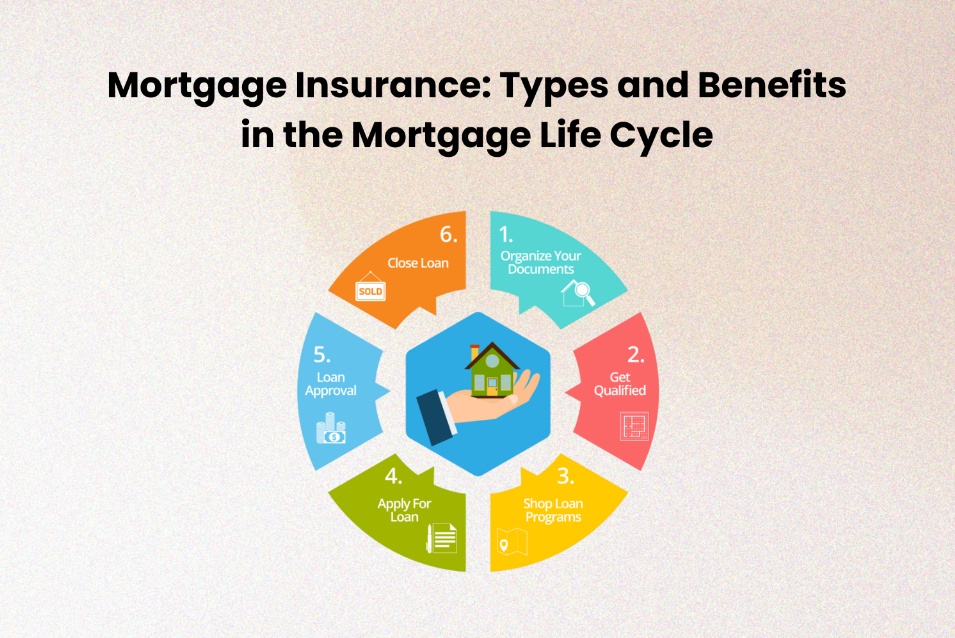Purchasing a home is a significant milestone for many individuals and families. However, navigating the complexities of the mortgage process can be daunting, especially when it comes to understanding mortgage insurance. In this blog, we'll explore the various types of mortgage insurance and their benefits at different stages of the mortgage life cycle.
Understanding the Mortgage Life Cycle
Before delving into mortgage insurance, it's essential to understand the mortgage life cycle. This cycle typically consists of several stages: pre-approval, application, approval, closing, and ongoing payments. Each stage has unique challenges and considerations, making it crucial for homebuyers to be aware of the various financial tools available, such as mortgage insurance.
Types of Mortgage Insurance
- Private Mortgage Insurance (PMI): PMI is typically required for conventional loans when the down payment is less than 20% of the home's purchase price. This insurance protects the lender in case the borrower defaults on the loan. PMI premiums can be added to the monthly mortgage payments or paid as a lump sum upfront.
- FHA Mortgage Insurance: The Federal Housing Administration (FHA) offers mortgage insurance for loans that meet certain criteria. FHA loans are popular among first-time homebuyers due to their low down payment requirements, and FHA mortgage insurance premiums are paid both upfront and annually.
- VA Funding Fee: For eligible veterans, active-duty service members, and certain military spouses, the Department of Veterans Affairs (VA) offers mortgage loans with no down payment requirement. However, a VA funding fee is charged to help offset the loan program's cost and act as a form of insurance for the lender.
- USDA Guarantee Fee: The U.S. Department of Agriculture (USDA) provides mortgage insurance for loans aimed at rural homebuyers with low to moderate incomes. Similar to the VA funding fee, the USDA guarantee fee helps ensure the viability of the loan program.
Benefits of Mortgage Insurance
- Lower Down Payment Requirements: Mortgage insurance allows homebuyers to purchase a home with a lower down payment, making homeownership more accessible, especially for first-time buyers.
- Expanded Loan Options: With mortgage insurance, borrowers can access a wider range of loan products, including those with lower down payment requirements and more flexible qualifying criteria.
- Risk Mitigation: For lenders, mortgage insurance helps mitigate the risk of default, making them more willing to extend loans to borrowers who may not meet conventional down payment requirements.
- Tax Deductibility: In some cases, mortgage insurance premiums may be tax-deductible, providing additional financial benefits to homeowners.
Conclusion
Mortgage insurance plays a vital role in the life cycle, offering both borrowers and lenders benefits. Homebuyers can make informed decisions that align with their financial goals by understanding the types of mortgage insurance available and their respective benefits. Whether navigating the initial stages of homeownership or managing ongoing mortgage payments, mortgage insurance can provide peace of mind and financial flexibility throughout the mortgage journey.


No comments yet